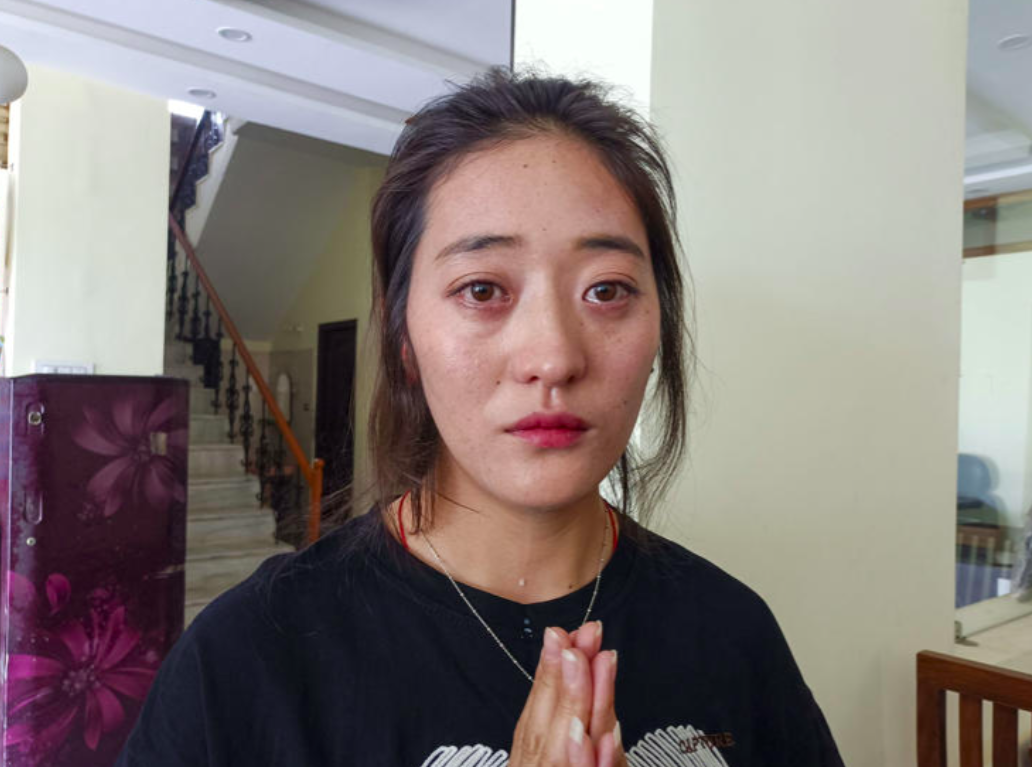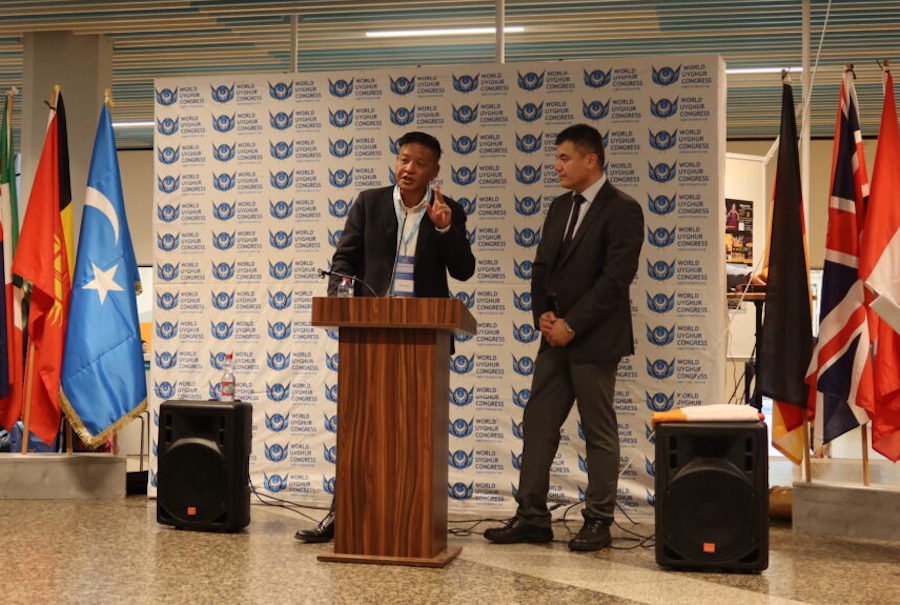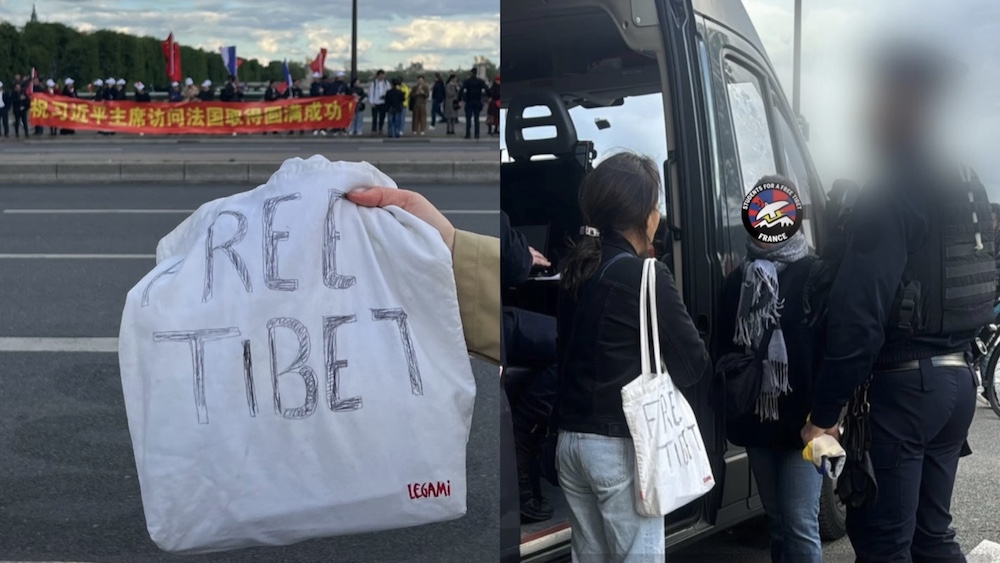By Choekyi Lhamo
DHARAMSHALA, Jan. 27: Chinese authorities declared the local laws that require the use of spoken and written language of “ethnic minorities” as “unconstitutional”, reported Tibetan Centre for Human Rights and Democracy (TCHRD) on Wednesday. The National People’s Congress (NPC) announced the work report submitted by the Legal Affairs Committee in January 2020 which further justified the use of Mandarin Chinese as the medium of instruction in ethnic minority areas.
The Dharamshala-based rights organization thwarted CCP’s attempt to neutralise diverse minority communities by justifying the authority of constitutional provisions to review and interpret local regulations. The report presented by the committee’s director Shen Chunyao emphasised the superiority of national laws over local laws in autonomous provinces and regions by stating that all local regulations violate “the country’s major reform directions” and “the provisions of the higher-level law.”
TCHRD argued that the National Commonly-Used Language and Script Law passed in 2000 aimed at educating minority students as Mandarin Chinese users. Article 5 of the law reads, “Use of the common national language must be of benefit to state sovereignty and dignity of the nationalities, be of benefit to national unity and unity of the nationalities, and be of benefit to the construction of socialist material and spiritual civilisations.”
The 1984 law on regional autonomy within the PRC’s constitution enforced the citizens and officials to learn both the minority languages and Mandarin Chinese (Putonghua). 2001 amendment to the law changed the classroom language policy as Article 37 of the revised autonomy law ruled, “Beginning in the lower or senior grades of primary school, Han language and literature courses should be taught to popularize the common language used throughout the country and the use of Han Chinese characters.”
It claims that NPC Standing Committee’s public announcement was another reiteration of a “decision taken in advance by the party”. The rights organization called on the Chinese authorities to “repeal of laws, policies and practices that undermine Tibetan language and direct impact the survival of Tibetan linguistic and cultural identity.” TCHRD also urged the international community to pressure China to host independent visits by the UN or international agencies to get information on the availability of mother tongue-based education for schools in Tibet.











One Response
PRC ethnic autonomy laws actually guarantee groups like Tibetans, Uighurs & Mongolians to use their native languages instead of Mandarin Chinese. Declaring otherwise actually violates the law & PRC Constitution. Even ethnic community has language & cultural rights that the govt cannot violate under int’l law. This shows the CCP will never give Tibetans, Uighurs & Mongolians genuine autonomy or civil rights. CCP won’t even give Hong Kong autonomy & they are ethnic Chinese. The only solution for Tibet, East Turkestan & Southern Mongolia for freedom is independence.